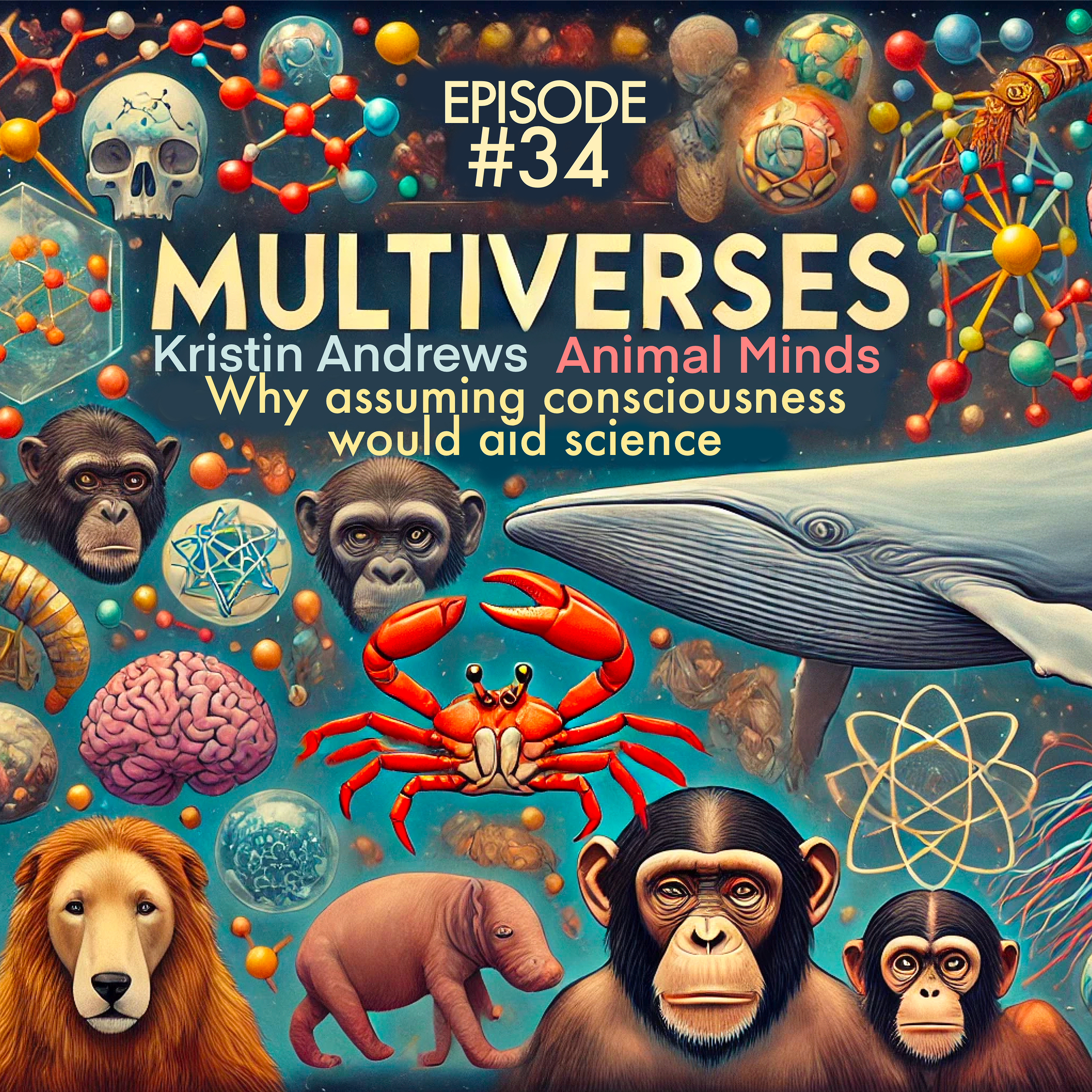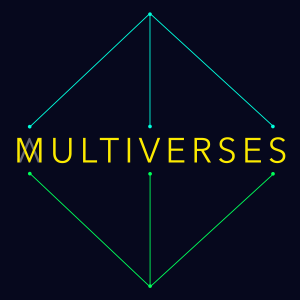
34| Animal Minds — Kristin Andrews on why assuming consciousness would aid science
 2024-08-27
2024-08-27
There is no consensus on what minds are, but there is plenty of agreement on where they can be found: in humans. Yet human consciousness may account for only a small proportion of the consciousness on our planet.
Our guest, Kristin Andrews, is a Professor of Animal Minds at the University of York, Ontario, Canada. She is a philosopher working in close contact with biologists and cognitive scientists and has spent time living in the jungle to observe research on orangutans.
Kristin notes that comparative psychology has historically resisted attributing such things as intentions, learning, consciousness, and minds to animals. Yet she argues that this is misguided in the light of the evidence, that often the best way to make sense of the complexity of animal behavior is to invoke minds and intentional concepts.
Recently Kristin has proposed that the default assumption — the null hypothesis — should be that animals have minds. Currently, biologists examine markers of consciousness on a species-by-species basis, for example looking for the presence of pain receptor skills, and preferential tradeoffs in behavior. But everywhere we have looked, even in tiny nematode worms, we find multiple markers present. Kristin reasons that switching the focus from asking "where are the minds?" to "what sort of minds are there?" would prove more fruitful.
The question of consciousness and AI is at the forefront of popular discourse, but to make progress on a scientific theory of mind we should draw on the richer data of the natural world.
- Kristin's website has links to her books and papers.
- As an introduction to her thinking How To Study Animal Minds is a gem of a book.
More Episodes
 2024-02-15
2024-02-15
 2023-11-16
2023-11-16
Create your
podcast in
minutes
- Full-featured podcast site
- Unlimited storage and bandwidth
- Comprehensive podcast stats
- Distribute to Apple Podcasts, Spotify, and more
- Make money with your podcast
It is Free
- Privacy Policy
- Cookie Policy
- Terms of Use
- Consent Preferences
- Copyright © 2015-2024 Podbean.com





